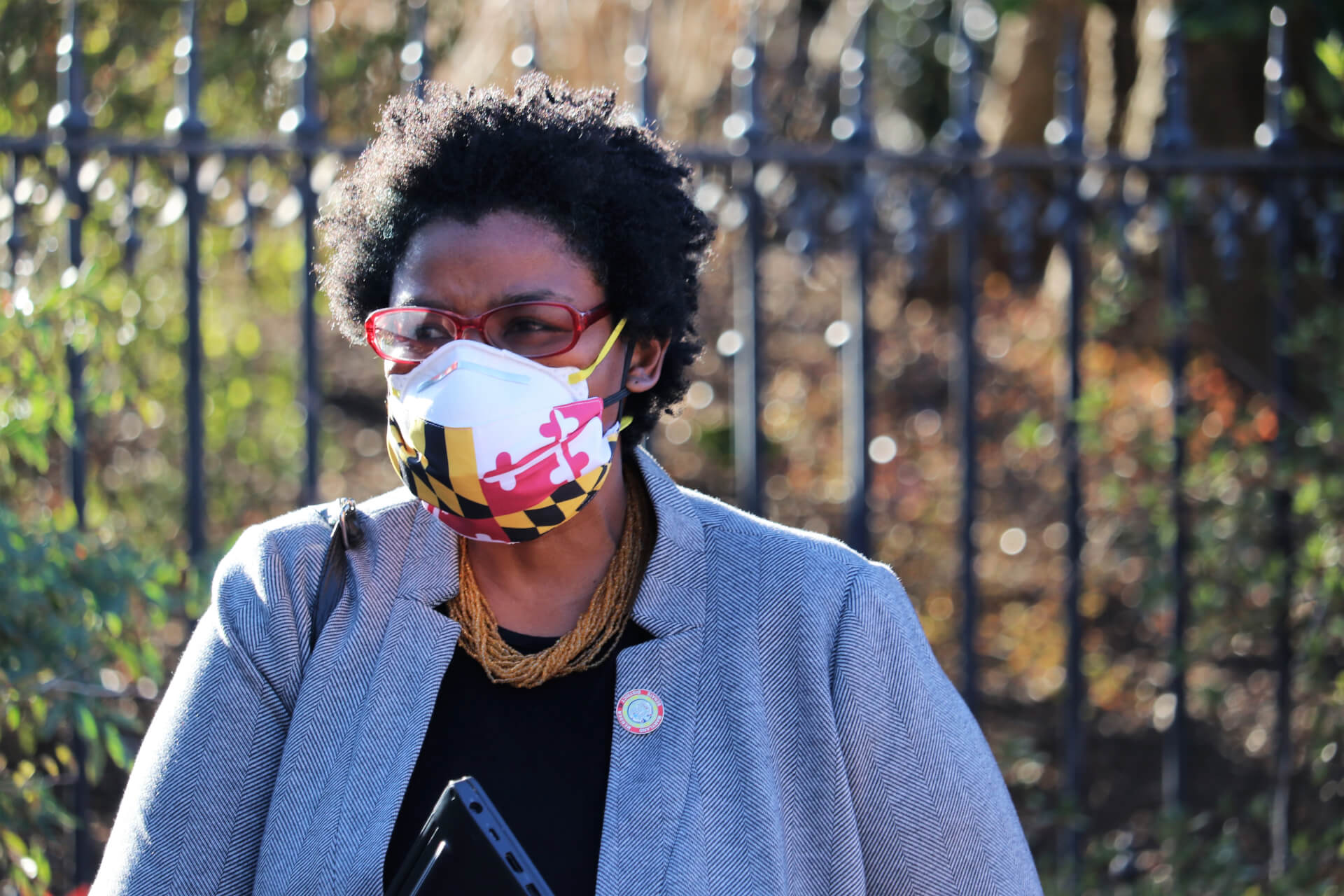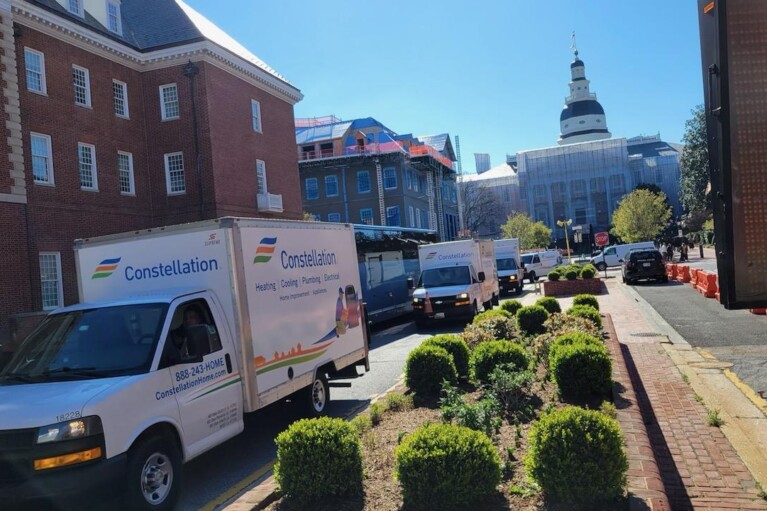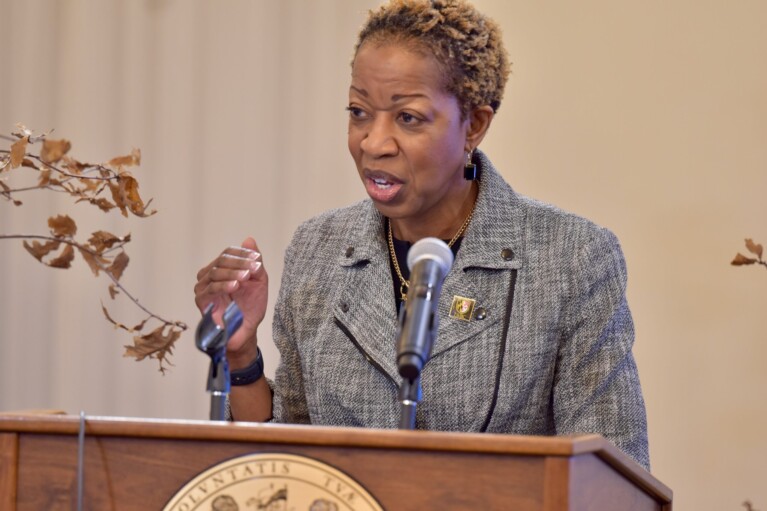Bill Protecting Low-Income Marylanders from Expensive Energy Suppliers Advances

When Maryland deregulated the electricity and natural gas markets in 1999, the hope was to encourage competition among energy suppliers and provide residents with more choices to save money. However, this has allowed some third-party energy suppliers to deceive residents into signing up for expensive utility contracts.
One state lawmaker is seeking to protect low-income Marylanders who sometimes pay hundreds of dollars more a year to such third-party suppliers.
Senate Bill 31 would limit the ability of about 70 third-party energy suppliers, which are distinct from regulated utilities such as Baltimore Gas and Electric Co. and Pepco, from offering services to low-income Marylanders who get energy assistance payments from the Office of Home Energy Programs (OHEP).
These suppliers could still sell to low-income households under this legislation, but the Public Service Commission (PSC) would have to first approve their offers, ensuring that they are charging at or below the standard rate. They would also be prohibited from charging termination fees for ratepayers who select a different supplier.
A December 2020 PSC report found that the highest concentration of suppliers were selling door-to-door in the poorest regions of the state, especially Baltimore City. The PSC established a consumer protection division last year as awareness of this situation grew.
“In my district alone, during the pandemic, there were 18 to 20 different suppliers continuing to sell door to door. It’s impossible to look at this data and not see that they are specifically targeting low income zip codes,” Sen. Mary L. Washington (D-Baltimore City), the lead sponsor, said in a bill hearing last month. “With how families are already struggling, we really want to make that they’re not being preyed upon.”
Some Maryland low-income families on energy assistance have been paying $650 more a year on their utility bills as a result of entering into these contracts. More broadly, Marylanders have paid over $750 million more for utilities since 2014, using up to $15 million on state energy assistance money, Washington said. And termination fees for these sales contracts can be as high as $150, according to a 2018 Abell Foundation report.
Iterations of this bill have cycled through the General Assembly for the last three years. Last year’s bill would have prohibited Marylanders using OHEP from buying from third-party suppliers altogether. But after some debate, the bill that passed the Senate last year would have left residents some choice, as long as those rates weren’t higher than the standard. Senate Bill 31 is the result of a compromise, which preserves customer choice.
But tensions rose on the Senate floor last week when lawmakers discussed committee amendments that gutted the bill’s ability to protect people on the front end by pre approving third-party suppliers through the PSC. Under those amendments, it would have still been illegal for third party suppliers to offer costs more than the standard, but the responsibility would have been on the customer to contact the Office of Home Energy Programs and figure out if they were being overcharged.
The bill as drafted would make sure that plans sold to OHEP customers would already be approved, “so that senior citizen in your community, that person who doesn’t read very well, that person who can’t do the internet, who doesn’t have time to comparison shop” would not be burdened, Washington said on the Senate floor last week.
“It’s curious that this bill is now more restrictive and more onerous on the actual ratepayer than the bill we passed out last year,” Washington said.
The committee amendments were mainly in response to the PSC, which said that the pre-approval process was not workable, said Sen. Brian J. Feldman (D-Montgomery), vice chairman of the Finance Committee. But amendments that Washington presented during the bill hearing would give the PSC an extra year to set up a pre-approval, as well as remove the requirement to verify that suppliers are charging residents at a lawful rate. As a result, after once being opposed, the PSC is neutral on the bill, Washington said on the Senate floor Thursday.
Feldman withdrew the committee amendments on the floor Thursday and substituted them with Washington’s initial amendments, and added that the PSC establish a program educating customers on how to shop and compare different utility services.
“I think that improves the bill,” Washington said Thursday. The measure passed on a preliminary vote and is expected to go to a final vote in a matter of days.
The cross file, sponsored by Del. Brooke E. Lierman (D-Baltimore City), passed the House 92-38 last week. The only difference between the two bills now is the education program amendment tacked on to the Senate bill Thursday.




 Creative Commons Attribution
Creative Commons Attribution